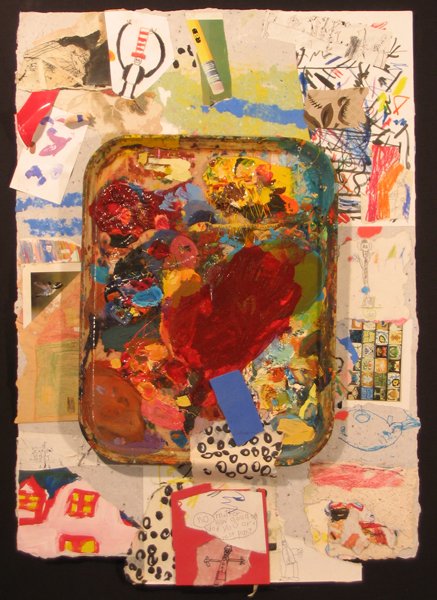No color in the rainbow invades our existence with such totality as orange does at Halloween. Other holidays parade multiple colors around, mixing and matching them according to whatever trends are hot, but ask someone what color they think of at Halloween and orange will be the undisputed, and solitary champion.
Poets tend to stay away from using orange because no word in the English language rhymes with it. There are some close fits – slant rhymes they are called – words like “twinge” or “cringe,” but even a first grader will tell you those words don’t really rhyme with orange. Revolutionaries and trick or treaters will argue that the word “storage” come close to matching the polished sound of orange, but they are wrong. Storage is missing the soft “n” that allows the syllables in orange to move smoothly up to your doorstep and ring the bell without you knowing it.
I challenge you to try to practice saying it once or twice right now. Go ahead, say “orange.” Orange. Orange. You must admit, the phonetics are very pleasant and so smooth that a kind of peace comes over you when you say it. During your pronunciation, you may have found yourself wanting to lean over and kiss your spouse, and say something comforting like, “Hey, I’m headed to bed now, my love. Orange.” Then, your husband or wife might look up and say, “I’ll be along shortly, dear. Orange you too.”
This one word, this warm color extraordinaire, seems so affable, that it’s difficult to imagine it not rhyming with something, but it doesn’t. Occasionally we have all felt a bit of empathy for the single life that orange is living and hope that an urban poet will coin a new word that orange can have a rhyming relationship with. Perhaps it will be a word like “kneephorange” and will emerge out of an ancient Aesop’s Fable and make its way back into popular use. Unfortunately, orange stands out there alone right now, unable find a home in any current poem, leaving us wondering whether there may be something sinister lurking in its past, something we are not supposed to know.
According to Google, there is one word, sporange, which rhymes with orange. Sporange is an archaic botanical term for a sac where spores are made and refers to asexual reproduction in ferns. But using sporange in polite company this time of year, would be rude simply because everyone would think you meant to say orange. They’d wonder why you aren’t using orange on a regular basis when it is the essential word of this season. Why are you using sporange right now and not supplementing the spirit of fall with the real essence, the sentry guardian of the entire Fall season…orange!?
Last week I received a package I’d been waiting for, a set of Micro-Talkies which allow me to eavesdrop in on conversation anywhere in the continental United States, excluding Hawaii and Alaska. You, my loyal listeners, may think that my device is a phony just because it came when I sent in 1000 box tops of plain cottage cheese labels.
It was shaky reception at best, but amazingly, I was able to pick up on some very disturbing sporange gossip out of Plainston, Oklahoma. AS we listen in, Bernice, who runs the knick-knack shop by the ice cream parlor in Plainston, sits down for coffee with her long-time friend, Gladys. They are meeting to talk over the goings-on, like they always do, on the last Thursday of the month before Halloween.
“I just love your sporange pumpkin sweater!” Bernice begins, grabbing Glady’s arm to feel the fabric. It is so soft and cute as a button! Where’d you get it?”
“Oh, go on!” Bernice flusters, “You know I saw that in a display window at the Center for Ferns with a Cause. Imagine the luck! They were running a special on sporanges, and I says to myself, I says, ‘Bernice, that sporange sweater has your name written all over it.’”
“O honey, it’s a must have!” Gladys exclaims, gulping her tea.
“We been supporting the Sporange Botanical Center for years,” Bernice interrupts. “They do so much good for the community.”
“Yes, they do. You know my late husband Wilbur, God rest his soul, played the tuba for their annual fund raiser Spores Galore.”
And that’s when the static kicked in and my Micro-Talkies lost connection to Bernice and Gladys. For a moment as their voices faded, I thought I heard Wilbur’s tuba in the background, and it had an eerie ring to it, a deep howl of abandonment and loneliness. I envisioned Bernice and Gladys, sitting at a counter in a barely lit café on the side of Plainston where the streetlights barely flicker. They were looking nowhere, not even at each other, sipping their sporange tea as if posed in the nightmarish Edward Hopper painting, Nighthawks.
I took off my headsets, placed them aside, and drew a long deep breath. I thought I heard my own heartbeat … and tried to calm down. I remembered it was, after all, just a word we use at Halloween. Why would anything want to rhyme with it?
Orange. Orange.















